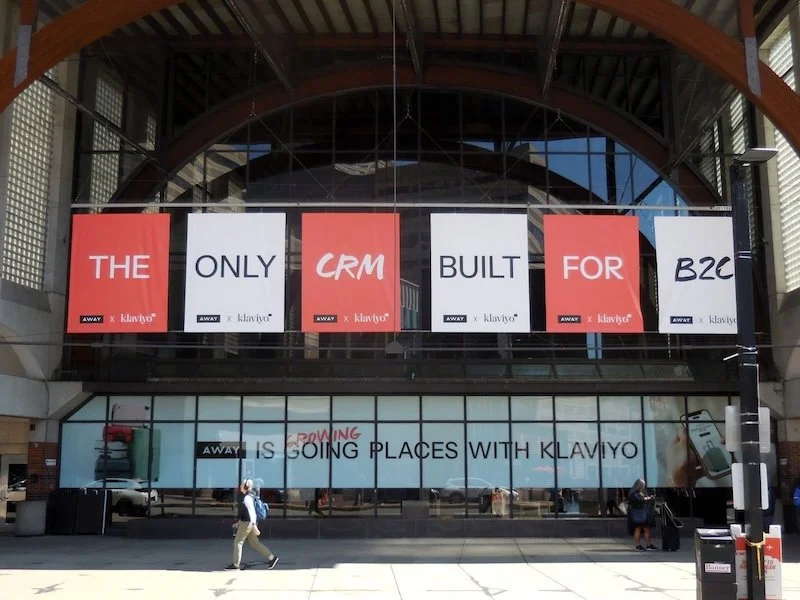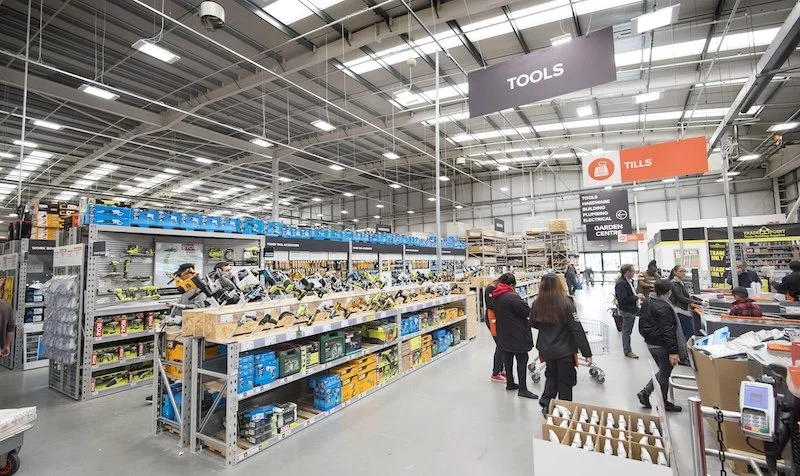Paysafe: Brits want payment choice, worry about cash access, and are upbeat about their financial future
45% of UK consumers have changed their spending habits from a year ago, not only becoming more price conscious but demanding payment choice, from debit cards and bank transfers to digital wallets and cash, according to new research from Paysafe.
A total of 14,500 people over 18 years old from UK, USA, Canada, Mexico, Germany, Austria, Bulgaria, Italy, Peru, Chile, Brazil, Colombia, Argentina and Ecuador were surveyed for this. The UK sample size was 1,000 respondents.
The company’s report, ‘Inside the Wallet: How consumers are spending and saving in 2024’, finds that 33% of Brits have abandoned their online shopping cart if a business didn’t offer their payment method of choice.
With retailers increasingly adopting cashless policies, an overwhelming number of consumers (65%) expressed concern about losing cash as a payment option, with another 29% indicating that they want to be able to buy goods or services online and pay for them in cash at a local store.
Security in payments was also top of mind for UK respondents. 62% said that security in a business’s payment process is an important factor when deciding how to purchase online.
69% of consumers also reported feeling better buying from a business if they know there are security steps in place to protect their data or if they see a payment option they recognise.
The UK’s spending preferences are growing increasingly diverse.
Debit cards (47%) are the top payment method being used more frequently this year vs last year, but bank transfers (22%), credit cards (26%), and digital wallets (25%) have also increased in popularity, and newer payment methods and platforms are beginning to emerge.
41% of consumers have made an online purchase through social media, with 28% doing so multiple times a year. 28% are now using a wearable device, such as a smartwatch, to pay.
Attitudes to developing technologies vary by generation, with younger people more likely to embrace innovative payment options, such as AI powered payments. 30% of 18-43-year-olds are fully comfortable with AI being used to improve payments. This compares to just 6% of those aged 60 and over.
Bob Legters, Paysafe’s SVP Product, comments: “Consumers are comparison shopping more than ever, not only to find the best deal but the best payment experience that delivers choices, security, and speed, and keeps them coming back.”
“As consumers’ financial situations and priorities shift, businesses need payment partners that have a track record of offering innovative payment options that attract a wide pool of consumers—from younger to older and every age in between.”
Diving deeper into the data behind these changing payment habits, the research reveals the financial challenges faced by many UK consumers.
49% of respondents say that they are earning just enough to cover their monthly expenses and 21% say they are not earning enough to cover their monthly expenses, with that figure rising to 29% for both Gen Z and Gen X.
While most respondents anticipate an increase in their income over the next five to ten years, 54% believe their income will rise by 10% or less, and 20% say they don’t expect any increase.
Despite having limited disposable income early in their careers, Gen Z and Millennials were hopeful about their future earning potential, anticipating average increases of 20% and 15% respectively.
But with many consumers living pay cheque to pay cheque, the opportunity to save has decreased, with 39% saving less than 6% of their income each month and 17% not saving at all (down from 21% in Paysafe’s 2023 research).
The inability to save can be attributed to an increase in the cost-of-living, with respondents reporting that they’re spending more on everyday necessities like groceries (66%), utilities (67%) and essential consumer goods (39%).
Despite these financial obstacles, 27% of UK consumers are still choosing to spend on non-essential experiences. This is particularly true for Gen Z and Millennials at 46% and 30% respectively.
But while younger generations’ propensity to continue spending on experiences may be seen as an example of ‘doom spending’ – where money is spent on luxuries to cope with the stress and concerns around one’s economic situation – Paysafe’s data suggests this isn’t necessarily the prevailing sentiment.
This indicates a sense of optimism among UK consumers, with 53% of respondents – and 72% of Gen Z – expressing confidence about their financial future, and planning towards this.
19% of respondents are saving to buy their first home. This rises to 44% of Gen Z respondents, who expect to purchase their first home before the age of 31.
Gen Z’s positive outlook extends to the belief that they can achieve another major milestone early in life – 44% expect to retire before the age of 61.
2024 RTIH INNOVATION AWARDS
Payments is a key focus area for the sixth edition of the RTIH Innovation Awards, which is now open for entries.
The awards, sponsored by CADS, 3D Cloud, Retail Technology Show 2025, and Business France, celebrate global tech innovation in a fast moving omnichannel world.
It’s free to enter and you can do so across multiple categories.
Key 2024 dates
Friday, 25th October: Award entry deadline
Tuesday, 29th October: 2024 shortlist revealed
30th October-6th November: Judging days
Thursday, 21st November: Winners announced at the 2024 RTIH Innovation Awards ceremony, to be held at RIBA’s 66 Portland Place HQ in Central London.































Continue reading…